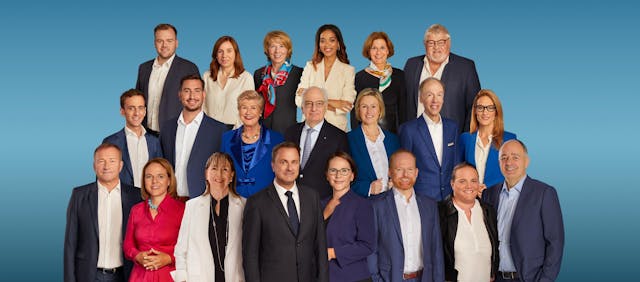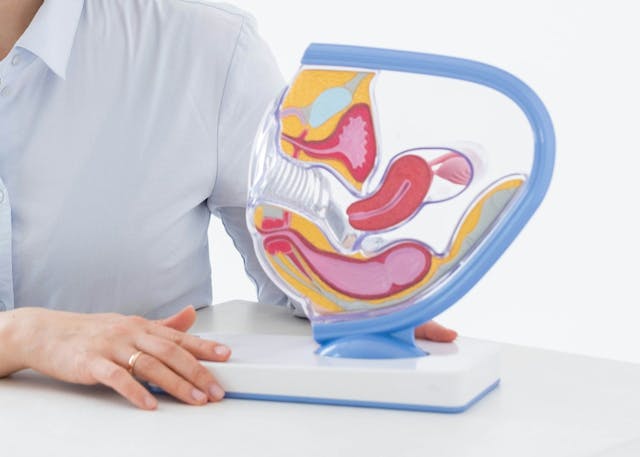Challenges of Luxembourg's water economy: how to preserve the resource for the future

Amritanshu Sikdar, Unsplash
Water management is becoming a major challenge for Western economies. In Luxembourg, against the background of climate change and population growth, this problem requires new approaches. One of the most promising solutions is the reuse of water in industry and construction. In Europe, it is estimated that up to 40 per cent of wastewater from industrial processes could be reused, reducing pressure on groundwater and surface water.
The reuse of water in industrial processes, for example through pre-treatment or utilisation of its thermal potential, can save significant amounts of resources. Such approaches also reduce the risk of river pollution and help to preserve local biodiversity. However, the economic attractiveness of such solutions is still questionable due to high costs and long payback periods.
On 10 December, experts gathered in Luxembourg for a workshop organised by Luxinnovation as part of the Interreg Greater Green+ project. The participants discussed ways of transition to a closed water cycle aimed at optimising water use in industry and construction. Despite the technical feasibility of solutions, large-scale implementation is hampered by the difficulty of adapting technologies to existing systems and infrastructure.
The discussions highlighted three main areas of concern:
- Technical - how to adapt technology to work with legacy systems.
- Individual - how to optimise water consumption within companies.
- Collective - effluent management at the level of industrial zones.
In the construction and agriculture sectors, challenges are also identified: proving the cost-effectiveness of water treatment, reducing the risks of contamination and improving process management. For this purpose it is proposed to:
- Establishment of pilot sites with zero sanitary risks.
- Study of the impact of wastewater treatment on agricultural land.
- Development of a "water passport" similar to the energy passport.
- Tools for integrated facilities management.
These initiatives require the involvement of both experts and business representatives. The Interreg Greater Green+ project is focused on the development of a circular economy, and the search for water management solutions is becoming a key element of sustainable development.





